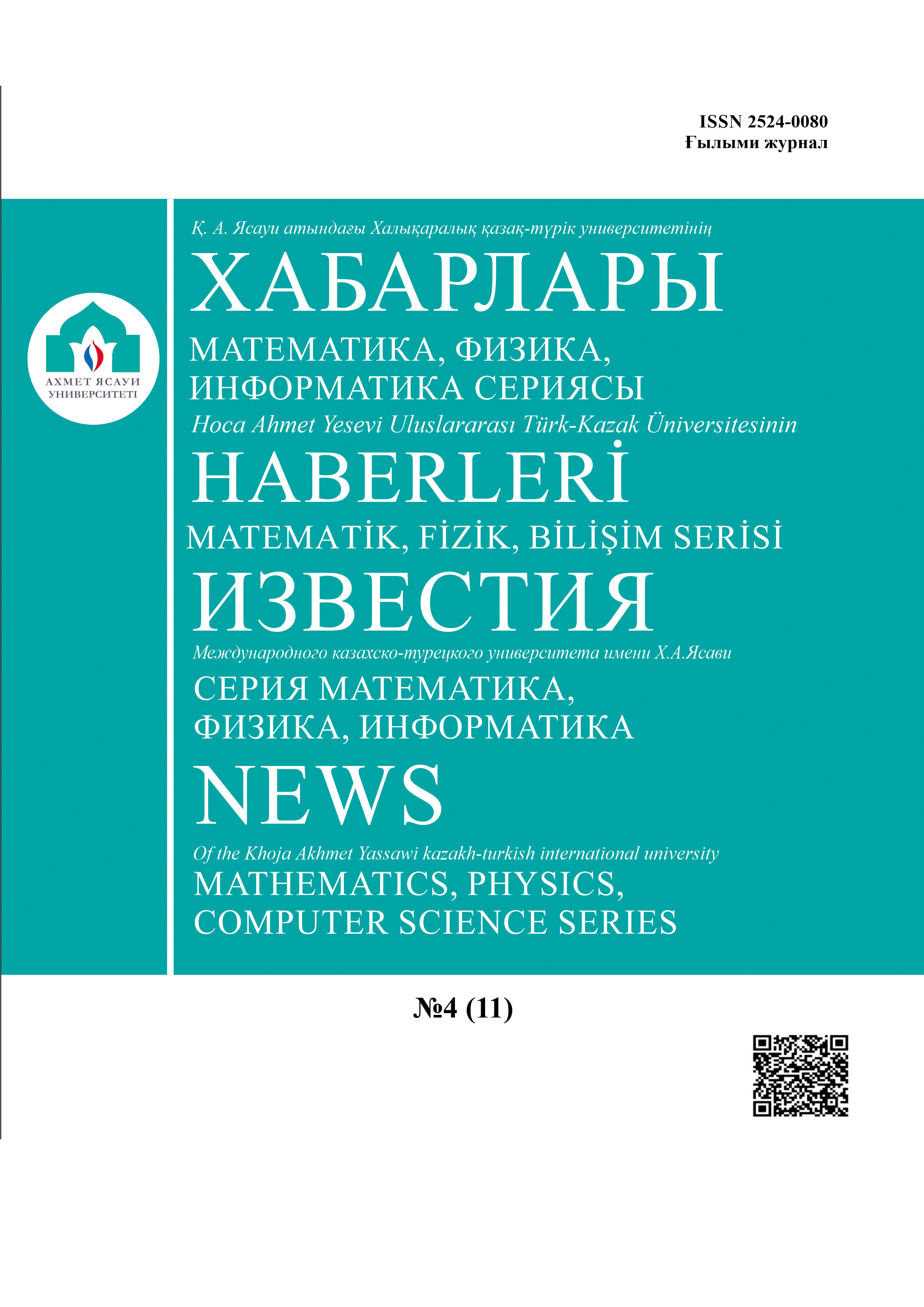Development of Digestive Media for Android Improved the Performance of fifth Graders
Abstract
The use of android-based human digestive system media can improve fifth-grade elementary school learning outcomes in Indonesia. The method approach in this research is a mixture of quantitative and qualitative approaches. The validity of the data using expert validation test, instrument test, prerequisite test, feasibility test, and effectiveness test were used. The results of the study the average percentage of the N-Gain score test in the first experimental class was 63.20% and in the second experimental class was 63.24%. Meanwhile, in the control class, the average N-Gain score was 38.91%. The effectiveness test used the t-test with a significance value (2-tailed) of 0.000 <0.05. The results of t count in experimental classes one and two also show a value greater than the t table, namely for experimental class one t count obtained 29.067 > 2.017 and experimental class two with t count 29.654 > 2.026. The results of these calculations are significant differences between student learning outcomes in the pre-test and post-test. So the use of android-based human digestive system media has a significant impact on student learning outcomes in fifth-grade science lessons in elementary school.

